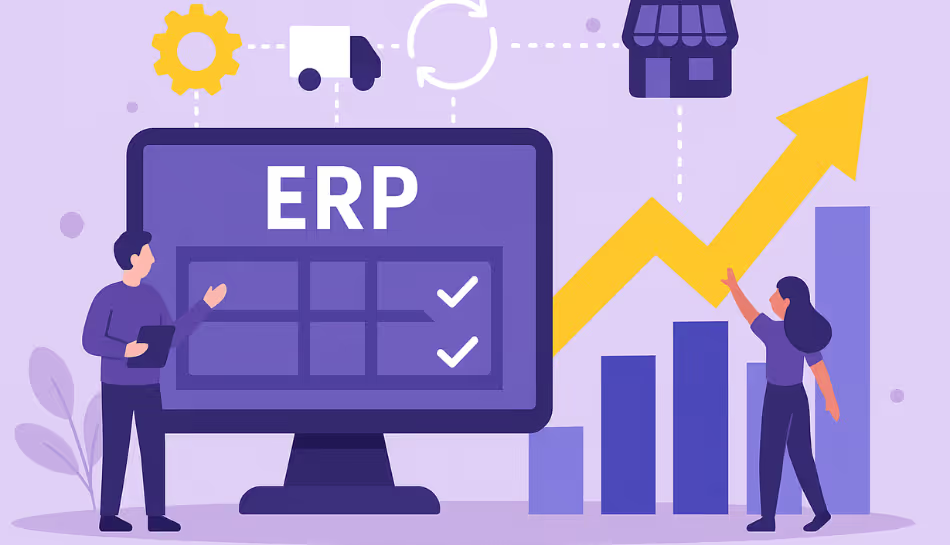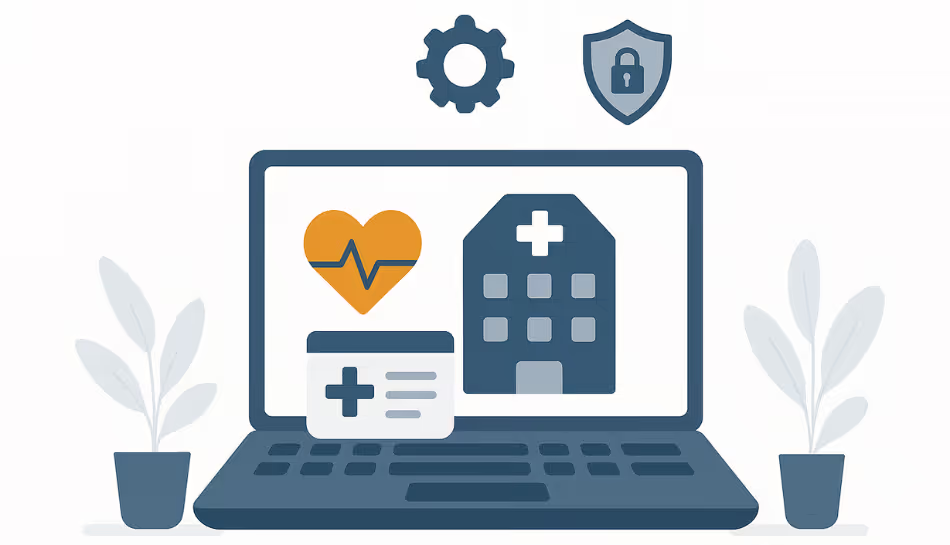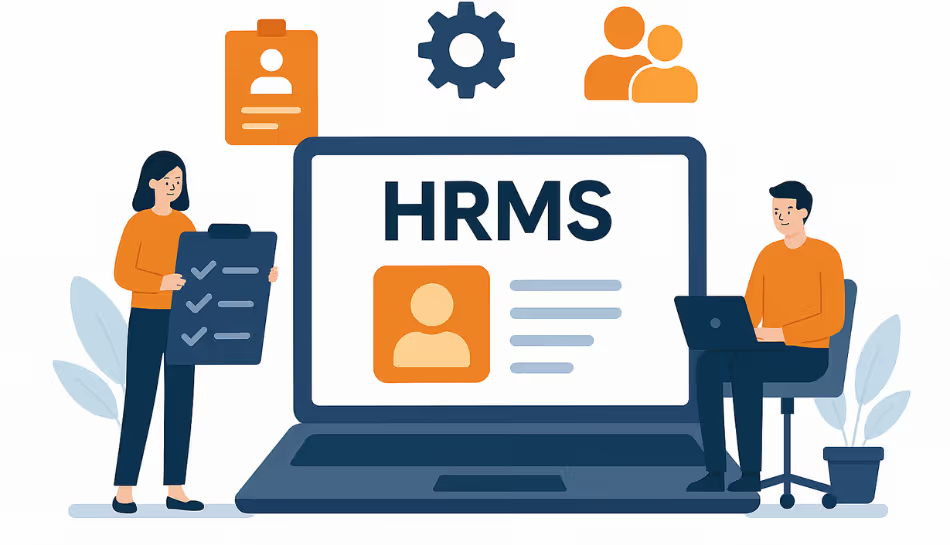Running a business today involves juggling departments, people, processes, data, and customers. But when these pieces don’t talk to each other, things fall through the cracks, leading to delays, miscommunication, and inefficiencies.
That’s where an ERP solution (Enterprise Resource Planning) comes in. A modern ERP for business brings all your operations onto a single platform, helping you run smarter, faster, and more profitably.
Let’s explore how ERP transforms business operations, what it does, and how to make the most of it.
What Is ERP?
An ERP system is software that integrates your core business functions, like finance, inventory, HR, sales, procurement, and production, into one centralized system.
Instead of having different teams using different tools, ERP ensures everyone works with the same real-time data. That means better communication, faster decision-making, and improved efficiency across the board.
1. Centralizing Your Business Operations
One of the biggest advantages of ERP is that it brings everything under one digital roof. With a modern ERP business application, you no longer need separate systems for:
- Accounting and billing
- Inventory and warehouse
- HR and payroll
- Sales and customer service
- Manufacturing and logistics
All departments can access and update shared information, improving collaboration and reducing errors caused by disconnected systems.
2. Improving Decision-Making with Real-Time Data
With all your data in one place, you can generate real-time reports and dashboards to see:
- Sales performance
- Cash flow
- Inventory levels
- Employee productivity
- Project timelines
This visibility helps business owners and managers make faster, more confident decisions, whether it's launching a new product or adjusting a marketing campaign.
3. Boosting Efficiency and Reducing Manual Work
An ERP system automates routine tasks such as:
- Generating invoices
- Processing orders
- Approving leave requests
- Reordering stock
- Creating financial reports
By reducing manual work, you save time, lower costs, and let your team focus on more strategic activities. This is one of the most powerful uses of ERP in modern business.
4. Enhancing Customer Service
With ERP, your sales and support teams can see a customer’s entire journey, from the first inquiry to the last invoice. This helps them:
- Respond faster to questions
- Track orders and delivery timelines
- Offer personalized service
- Resolve issues with accurate information
Happy customers are repeat customers, and ERP helps make that happen.
5. Enabling Scalability
As your business grows, ERP grows with you. You can start small, maybe just with accounting and inventory, and expand over time to include CRM, HR, or manufacturing modules.
With custom ERP development, you can even build features tailored to your industry, such as batch tracking for food companies or job costing for construction firms.
6. Ensuring Compliance and Data Security
Modern ERP systems include features that help you stay compliant with local tax laws, labor regulations, and audit requirements. They also offer:
- Role-based access control
- Secure cloud storage
- Automated data backups
- Audit trails for every transaction
This reduces your risk of penalties and ensures your business is always ready for audits or inspections.
7. The Process of ERP Implementation
Implementing an ERP is a step-by-step journey. A typical ERP process includes:
- Requirement gathering - Understanding what your business needs
- Vendor selection or ERP development - Choosing the right system or building a custom one
- Data migration - Moving your existing data into the new system
- Training and testing - Getting your team comfortable with the software
- Go-live and support - Fully shifting operations and fine-tuning as you go
With a good ERP partner and the right approach, the transition can be smooth, and the results well worth it.
Final Thoughts
Whether you’re a small business or an enterprise, ERP is no longer a luxury, it’s a necessity. It simplifies the way you work, gives you better control, and unlocks opportunities for growth.
By adopting a modern ERP system, you’re not just upgrading software, you’re transforming your entire way of doing business.



